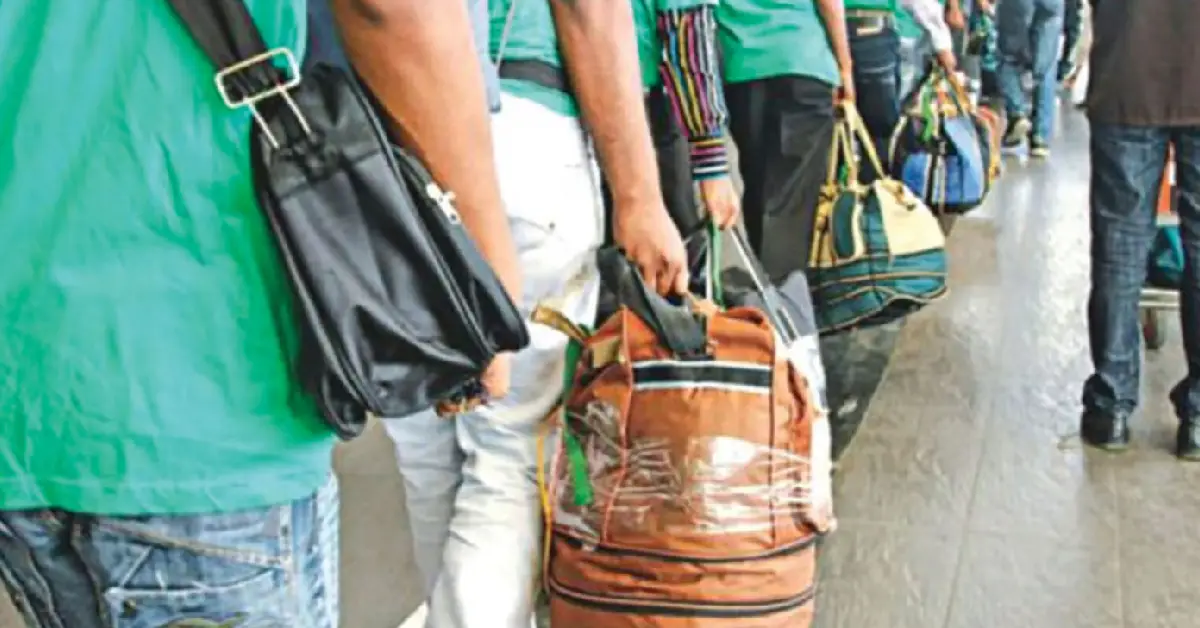
It is frustrating that in spite of making numerous promises and the prime minister herself giving directives to bring down commodity prices, the government has failed miserably to give any semblance of relief to people. With prices of most essentials already through the roof, vegetable prices have once again risen over the last one week, which is especially disappointing as, historically, vegetables tend to be cheaper during winter.
espite being the peak season, papaya is priced at Tk 30-50 per kg in Dhaka’s kitchen markets. Yet, farmers who grow the produce are getting barely half of that. The same applies for other vegetables such as carrots, coriander and radish. Where is the rest of the profit ending up, then? Vegetable sellers allege that they are not making much after paying a high price for the produce to wholesalers. Meanwhile, wholesalers claim that they are not making much either after paying for transportation and other extortion fees to transport the goods to the market. The picture that we get from all this is that during their transit from the farms to the kitchen markets, the prices of almost all vegetables are doubling or tripling. This shows that a poor supply chain system is mainly to blame for the price hike—along with other factors such as extortion fees, lack of proper storage facilities, communication system, etc.



